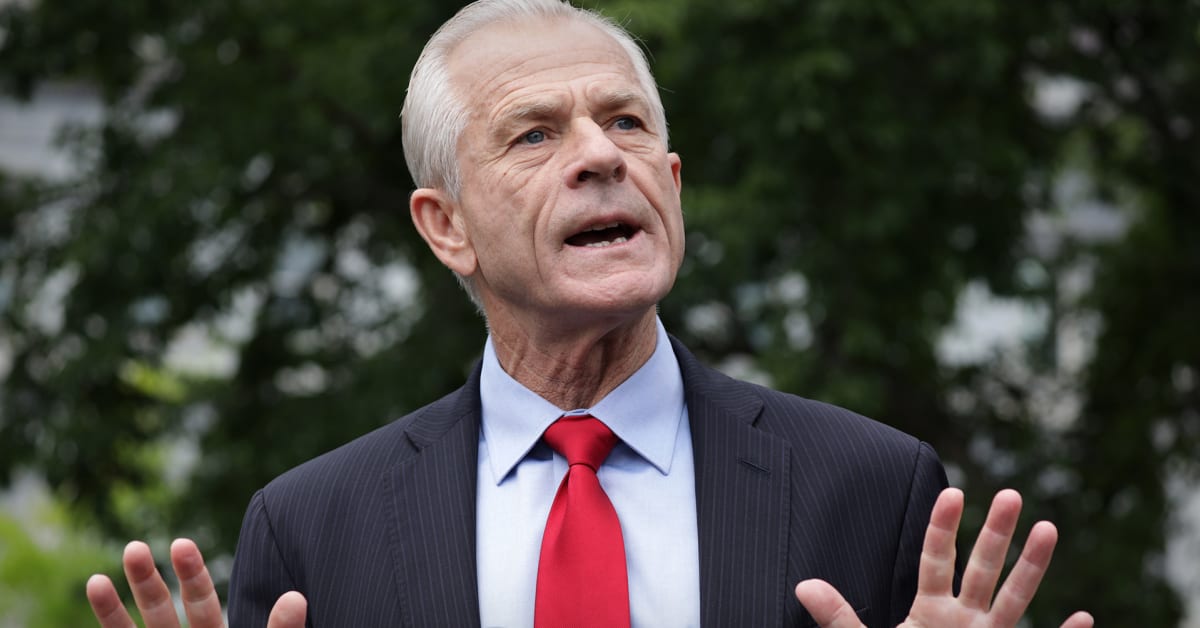
The Unexpected Earthquake in the Political Landscape: When Billionaires Clash with the Beltway
The world of politics is rarely dull, but recently, an unexpected tremor has sent ripples through the established order. The clash between a high-profile White House advisor and a tech titan has highlighted a growing tension: the increasing influence of immense personal wealth on the political sphere, and the unpredictable ways in which that influence can manifest.
For years, the traditional power structures of politics—lobbyists, established parties, and long-serving officials—have held sway. But the rise of individuals with extraordinary financial clout, who operate outside the traditional norms, is changing the game. These figures possess a unique capacity to shape public discourse, bypassing established media channels and wielding their platforms to directly influence political debate.
This recent clash perfectly encapsulates this shift. We’ve witnessed a billionaire, known for his disruptive business practices and outspoken personality, directly challenge a key figure in the current administration. The advisor, in turn, hasn’t shied away from a public rebuttal, escalating the conflict into a highly visible and highly unusual political squabble.
The situation is unusual for several reasons. Firstly, the sheer scale of the individuals involved is unprecedented. We are talking about individuals with global reach, commanding vast resources and wielding significant influence over various sectors of the economy and public opinion. This isn’t a backroom spat between career politicians; this is a very public confrontation between titans of industry and power.
Secondly, the nature of the conflict itself is unconventional. Gone are the carefully crafted press releases and behind-closed-doors negotiations. This battle is being fought in the open, across social media platforms and through direct public statements. This transparency, while seemingly refreshing, also highlights a potential vulnerability within the current political system: its susceptibility to being disrupted by individuals operating outside of its established rules and conventions.
The ramifications of this conflict are far-reaching. It challenges the traditional understanding of political influence, forcing us to reconsider the role of immense wealth in shaping policy and public discourse. It also raises questions about accountability and transparency. Are these powerful individuals accountable to the same standards as traditional politicians? And to whom are they accountable? The public? Their shareholders? Themselves?
The outcome of this specific clash remains to be seen. However, the very existence of this public confrontation points to a significant underlying trend. The lines between the worlds of business and politics are increasingly blurred, and the traditional political landscape is being reshaped by forces outside of its established structures. The political establishment needs to adapt to this changing reality, finding ways to both harness the potential of these new power players while also mitigating the risks they present to a fair and balanced political process. This clash is not just a one-off event; it’s a harbinger of a new, and perhaps more turbulent, political era. The question isn’t whether similar clashes will occur, but how the political system will evolve to accommodate this new reality.



Leave a Reply